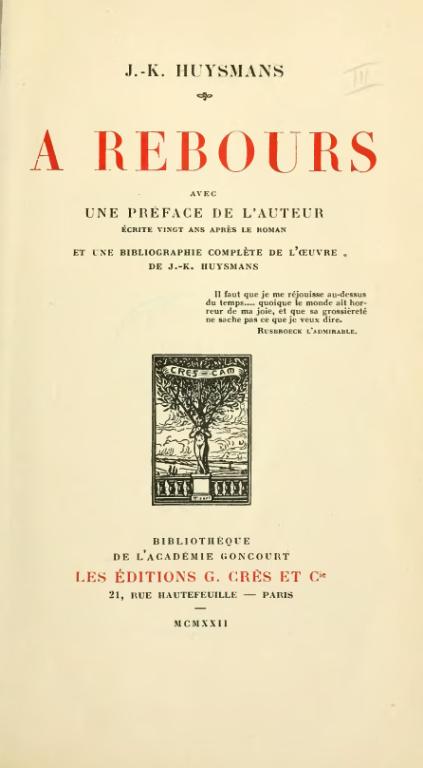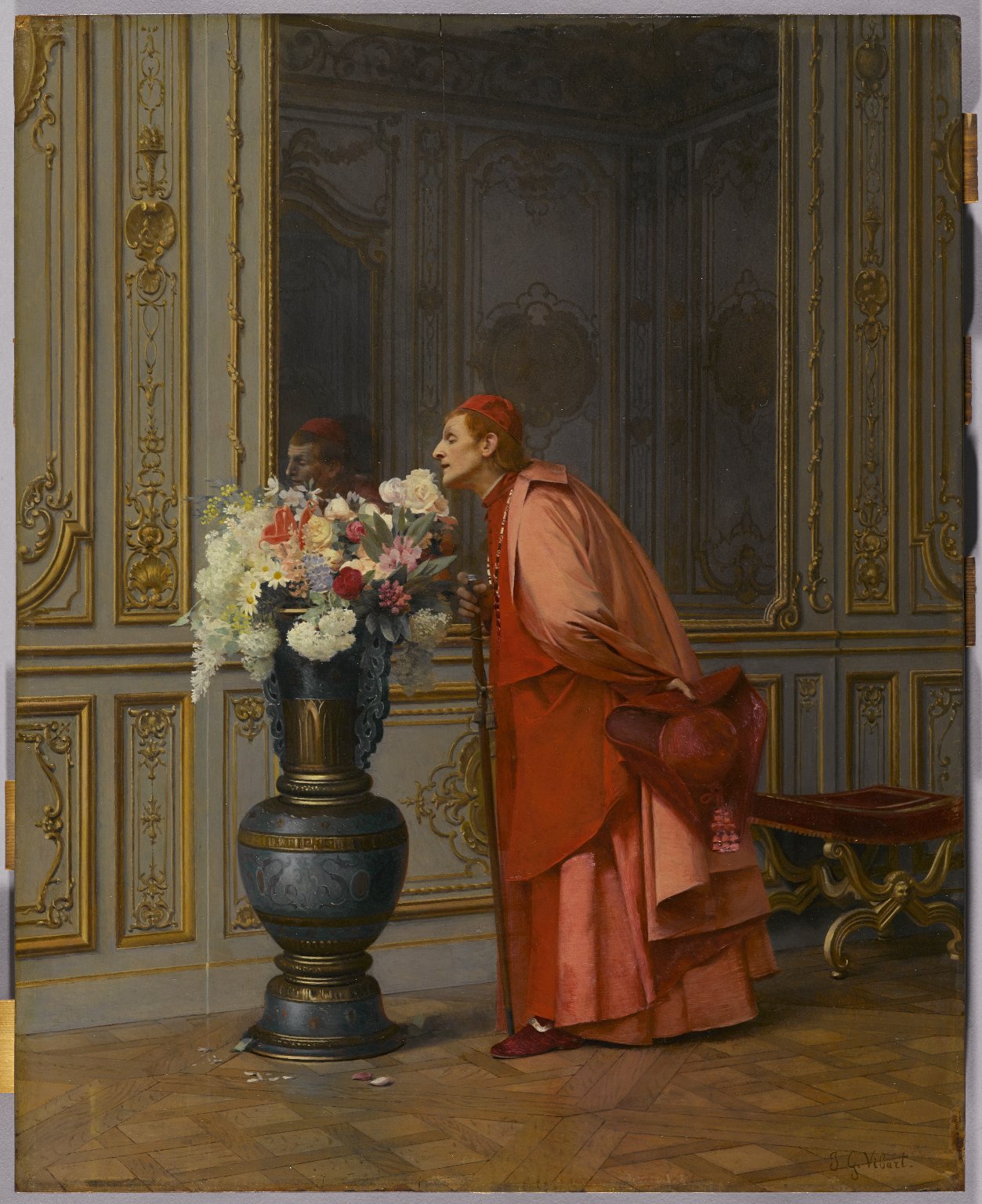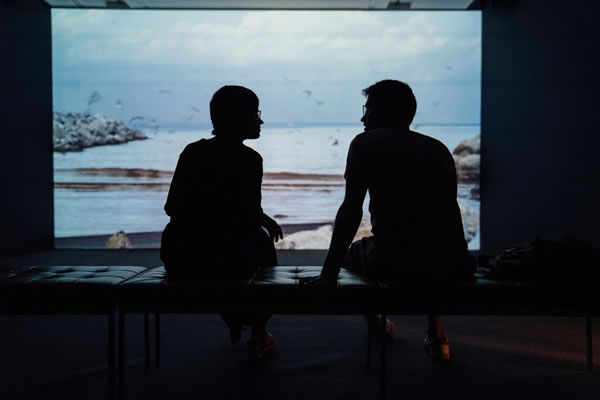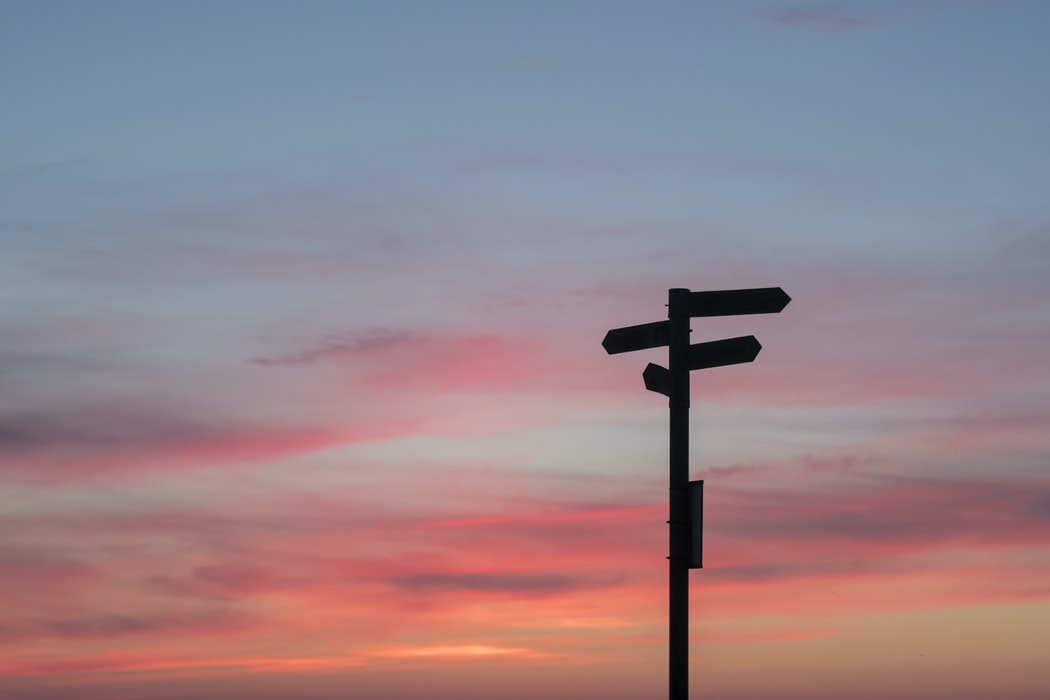
Once you’ve come home from vacation, how much effort do you put into holding on to your memories? Do you keep a journal, scrapbook or a note on your phone? Should you? Do you often talk about memories, and concentrate on recalling the details, or do the photos just live on your phone or hard drive?
It’s easy to enhance our memories to make the good ones ‘stick’ more. Travel psychologist Dr Jaime Kurtz recommends a few simple techniques to ensure that we come home from our holiday with happy memories. She suggests starting your trip with the end in mind – rather than letting it sneak up on you and tarnish the happy holiday glow with a sudden reminder of emails and commutes. Why not have a decadent treat waiting when you get home? You could pre-order your groceries or arrange to come home to a freshly made bed. You also will benefit from having a ‘buffer period’, a space of a few days between coming home, and going back to work. Nothing will put a dampener on your holiday quicker than stepping off a flight and heading directly to the office.
Another way you can encourage the process of positive memory making, is through photography. Go back through your photos from time to time and reminisce with your travel companion or family. Rather than posting all your photos on social media while you’re travelling, consider waiting until you’ve got home and then post a selection of your favourites. That’ll mean you can fully experience and process the experiences in-country without the deluge of likes and comments that accompany a post. It will also allow you to prolong your experience, and not spend valuable holiday time attending to your social identity.
We’ve spoken before about anticipation, and how you can start the enjoyment and happiness gained from your trip sooner by getting excited about the activities you will shortly be doing. The reverse is also true – consider distributed reminiscence, where you revisit the memories from your trip once you come home. This can come in any form, but rather than deliberately triggering memories, why not allow them to return spontaneously? Hide a small memento such as a shell or a coin in a pocket of your suitcase. You’ll discover it in a few months’ time, and the memories will come flooding back. Leave a calendar reminder in your phone for exactly a year later or set up your Cloud account to send you old photos ‘from this day last year’. You’ll loved the unplanned reminder, and the rush of nostalgia.
The task of wrapping up a trip is often the last thing on our minds when planning the perfect holiday, but it’s a vital part of the process. Winding down, reflecting on the positives and seeing what new habits or practises you’re motivated to bring home with you are all wonderful ways of ensuring that your holiday ends on a peak. That way when you look back, you’ll be more conditioned to remember the positives, ensuring that you’re getting maximum pleasure from your time and financial investment as possible. It’s a kind of mental photoshop, cropping out the telephone cables and crowds from your perfect holiday snaps.
There’s no shame in editing your memories to make them as enjoyable as possible (as long as you don’t completely edit out a learning experience). Imagine you spent a weekend with your friends hiking in Utah but quickly discovered that your new boots weren’t properly broken in, your rucksack improperly fitted, and you weren’t prepared for 15 miles a day of trekking. You might think this trip could be a total waste of time. But with some selective editing, all you’ll remember in years to come is that you learnt to properly break your boots, how you were taught to fit a rucksack, and how your friends helped you up the hills with songs, jokes and copious snacks. The trip doesn’t have to be a complete write off, as long as you can learn from it, and learn to focus on and recall the positives. Learn to distinguish between your experiencing self and your remembered self. The later will always make the former rosier.
Take advantage of the period of renewed appreciation and motivation that can happen when you return. Soon after you get home, make sure you take time to reflect on what you liked about yourself, your family and your routine on this trip. Plan how you can work some of this into your daily life and then try it out. Notice the people, places and simple pleasures that you missed while your routine was disrupted. Plan to spend more time with them, visit those places and enjoy those pleasures when you are home. You can also keep reliving the trip by enjoying the happy memories. Keep the memories alive by revisiting photos and souvenirs. All of this information about what you enjoy and who you miss, can help to inform your next trip. It’s taken time to form these preferences, so make sure you keep building on them.
Our memory is a complex beast and like a muscle, it requires the occasional work-out. Make sure you don’t forget the precious details that make up the greater picture of your travels, by forcing it to recall. Consider making a photobook with some of your old photographs. Allow the memories to transport you back to the past. Travel to a far-off place as you travel back in time.




